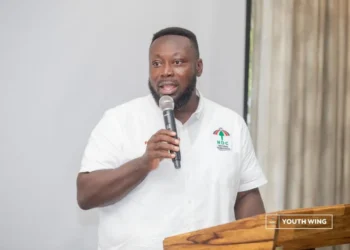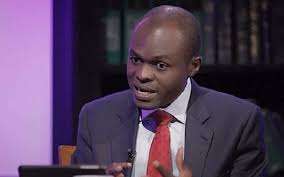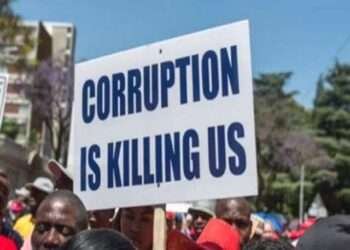Foreign Affairs and Regional Integration Minister-designate, Shirley Ayorkor Botchwey, has urged traditional and religious leaders to concertedly see to the realization of the ECOWAS Vision 2050 as its success will largely depend on them.
According to her, the ECOWAS Vision 2020 came to an end in December 2020, prompting the development of a roadmap for the preparation of the Post 2020 Vision, which is currently known as ECOWAS Vision 2050.
The ECOWAS Vision 2020 was adopted in June, 2007, by the Authority of Heads of State and Government of ECOWAS as the development blueprint for the transformation of West Africa into a borderless, peaceful and prosperous region.
With this, the Foreign Affairs minister-designate explained that, the Vision 2050 begun in January 2019, and as such the consultative meeting with them is part of the ongoing process.
“The realization of this noble vision depends, to a large extent, on local actions taken by our community citizens with the support of our traditional and religious leaders who are the custodians of our societal norms”.
In further discussing the opportunities for sustainable development and environmental preservation and to as well effectively support the local actions, Madam Botchwey said it was important to build formidable partnerships with relevant stakeholders including traditional and religious leaders due to their extensive outreach and presence in the region.
“It is acknowledged that your views are highly respected…. underscoring the importance of your inclusion in this regional assignment to develop a dynamic and implementable ECOWAS Vision 2050.”
Government, she stated, was privy to the fact that ECOWAS had been regarded as a Community which was the preserve of bureaucrats and politicians without the involvement of the grassroots.
“I am happy that collectively we are taking commendable steps to correct this wrong impression about ECOWAS.
“I am of the firm conviction that this meeting and subsequent engagements with other stakeholders will lead to outcomes, which will contribute to the formulation of an attainable and relevant objectives for the region”.
Shirley Ayorkor Botchwey
On his part, the Okyenhene, Osagyefuo Amoatia Ofori Payin, said it was gratifying to note such profound milestone in mapping out strategies for long term developmental challenges in the sub region placed unique emphasis on involvement of traditional rulers.
“It is a solid and glorifying tribute to the positive role that traditional authority can play in the social and economic uplift of our people and the many ways it can contribute towards the goal of national progress and prosperity”.
Additionally, he opined that the meeting was symbolic of the distinguished priority and commitment to the attainment of the stated goals of the Vision 2050 by the ECOWAS Commission, further stressing that, “this Consultative Meeting has come at an opportune moment”.
Meanwhile, the Vice President of the ECOWAS Commission, Finda Koroma, revealed the selection of Ghana for the first series of consultations is to return to the roots of Pan-Africanism that was founded by the country’s founding fathers.
She further expressed gratitude to the Government of Ghana and the Okyenhene for hosting the meeting.
The ECOWAS Vision 2050 envisions a borderless, peaceful, prosperous, cohesive region, built on good governance, where the citizenry has the capacity to access and harness the region’s enormous resources for sustainable development.





















